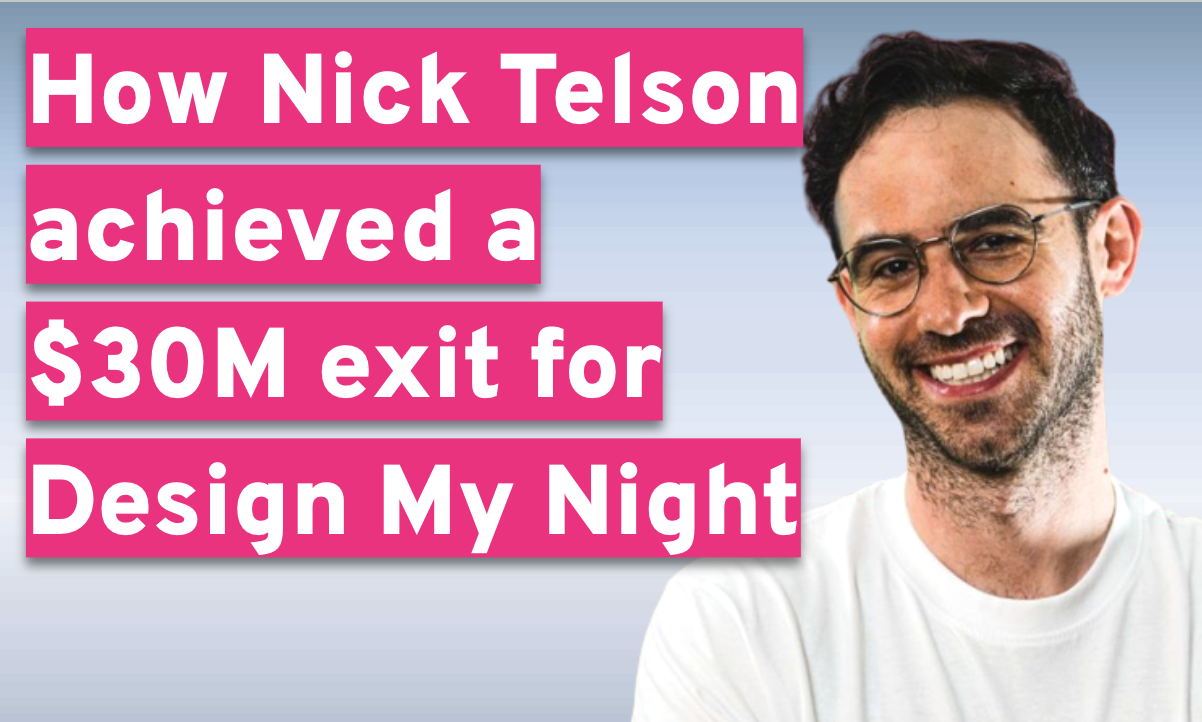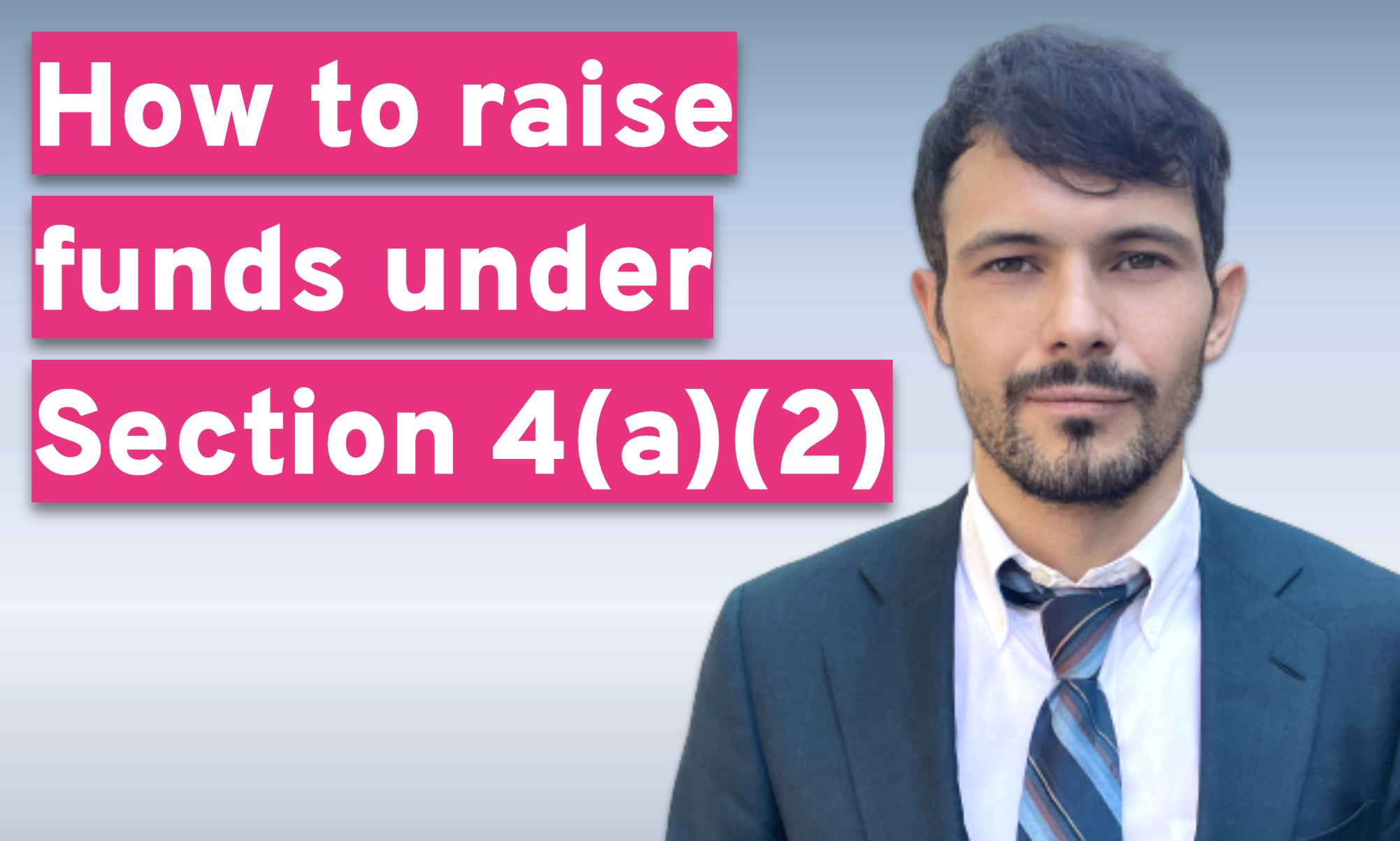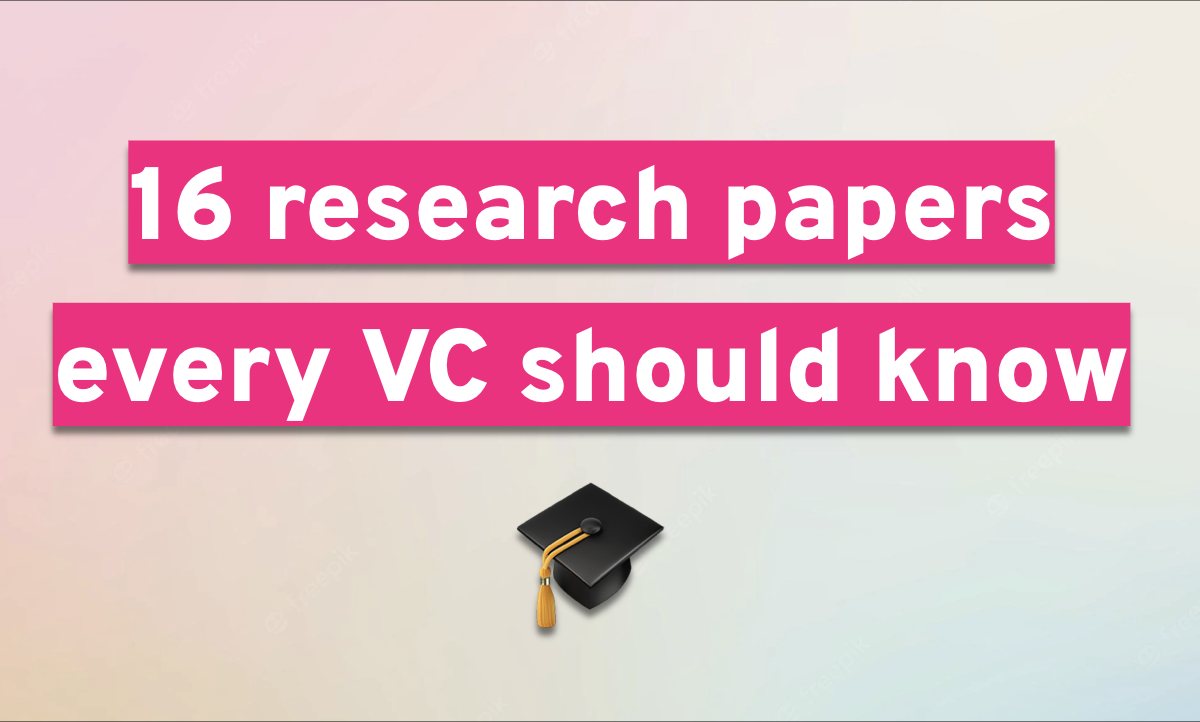I'm a securities attorney in New York. In other words, I do the legal stuff so my clients - startups - can raise funds safely and efficiently.
On this Memorial Day weekend of 2023, what was I doing, you ask? I was busy preparing a “risk factor,” addressing the rapidly evolving world of AI-powered technology!
Table of Contents
What is a Risk Factor?
Let me give you some context.
In startup financing, companies raising capital often present their investment opportunity to potential investors through a detailed document called a Private Placement Memorandum or “PPM”. A crucial part of this PPM is the ‘Risk Factors’ section, which identifies and articulates potential risks that investors should consider before deciding to invest.
Consequently, a securities attorney’s responsibility includes working in tandem with the company to identify and disclose potential factors to investors that could lead to a loss of investment. This would include the risk of becoming obsolete due to competing AI-powered technologies.
How will AI impact my business?
Take, for instance, my recent trip to Paris. I had the pleasure of meeting the founder of UPSCALER SAS, a French company leveraging GPT and other Large Language Models (LLMs) in the legal tech sector. There were a number of topics to discuss: new products announced by Thomson Reuters and Lexis+ AI, recent market consolidations, fintech implications of generative AI, marketing outreach, the intersection between AI and decentralized finance (DeFi), and the capability to create entire business plans and websites in mere seconds, among others.
Despite these breakthroughs, many people remain skeptical about the imminent impact of AI. For those who doubt, I invite you to listen to the third and fourth movements of Beethoven’s unfinished 10th symphony, performed last year by the Bonn Orchestra. While I can’t say I enjoyed the composition (I didn’t, but that’s beside the point) the mere fact that a symphony was completed through generative artificial intelligence should be proof enough that content creation is being reshaped as we speak in virtually every industry.
What your Private Placement Memorandum or “PPM” should say about AI.
A few years back, I drafted my first risk factor outlining how Covid-19 could potentially harm a business. Today, it seems logical to do the same for AI technologies, given their transformative impact and staying power. Whether we choose to embrace AI or not, GPT-4 is already here, and entire business landscapes have already been significantly altered. You don’t need to be an AI company to be subject to new legal liabilities. Don’t believe me? Right now, one of your employees might be an “early adopter” using generative AI to publish content on your company’s website. What your employee might not know (and you may not know either) is that the content so published might be proprietary information, duly protected under copyright laws. You can read more about this intellectual property topic in an interesting Harvard Business Review article here.
The threat of becoming irrelevant or obsolete is just the tip of the iceberg for generative AI. As attorneys, we must ensure our clients and their investor network are aware of the potential risks and legal challenges brought about by AI, and that also means understanding the tech behind the new language model and its numerous effects on our clients’ industries.
About the author
- Attorney Advertising -
Côme Laffay, Esq. is a corporate and securities attorney. He is Counsel at KBL Roche, a transatlantic full-service boutique law firm with offices in New York, Paris, and Munich. Côme's practice focuses on capital raising activities in both the private placement and the crowdfunding spaces, with the goal of supporting entrepreneurs and financial intermediaries.
KBL Roche
1115 Broadway, STE 1011 New York, NY 10010
[email protected]
(646) 801-6171










